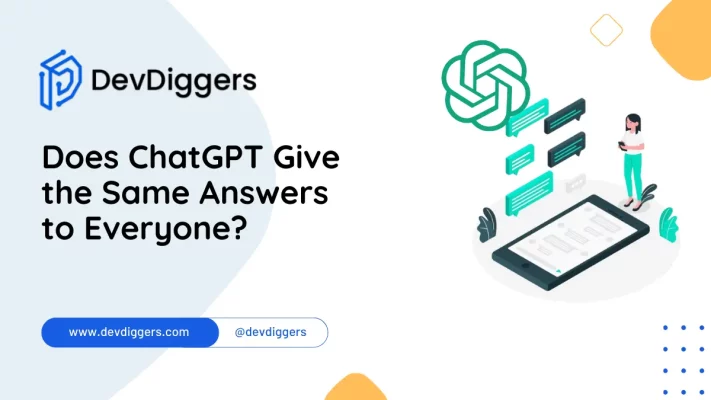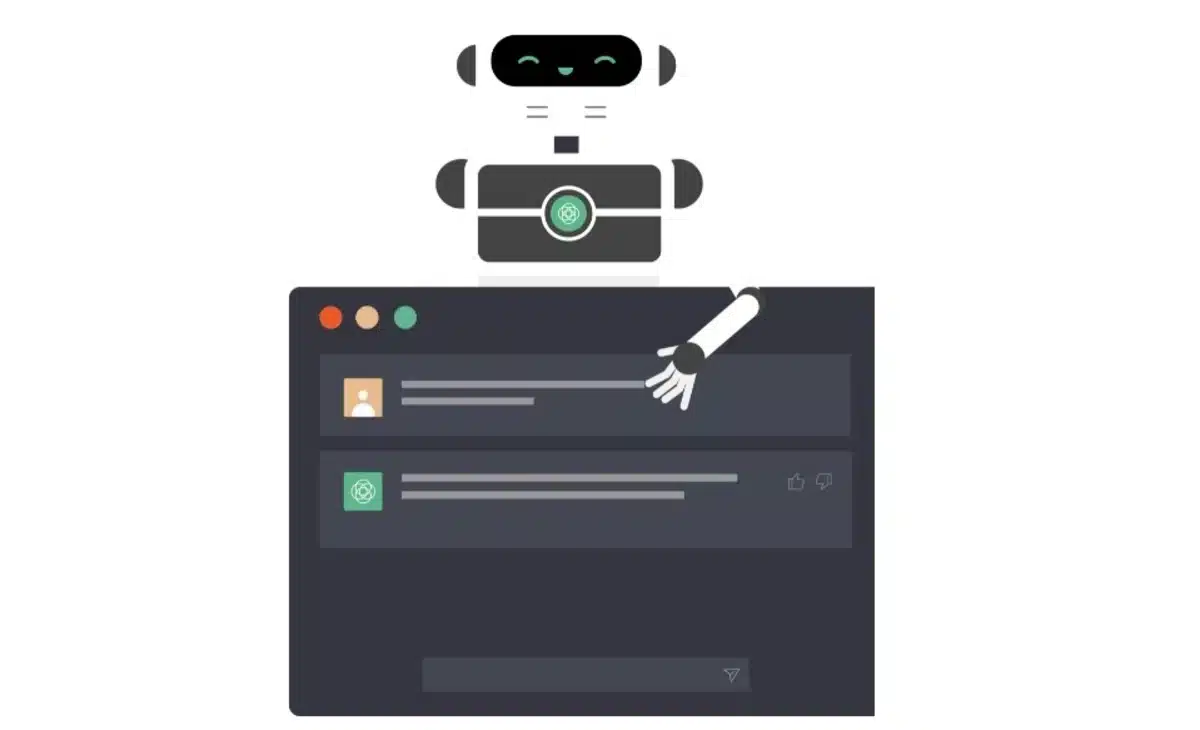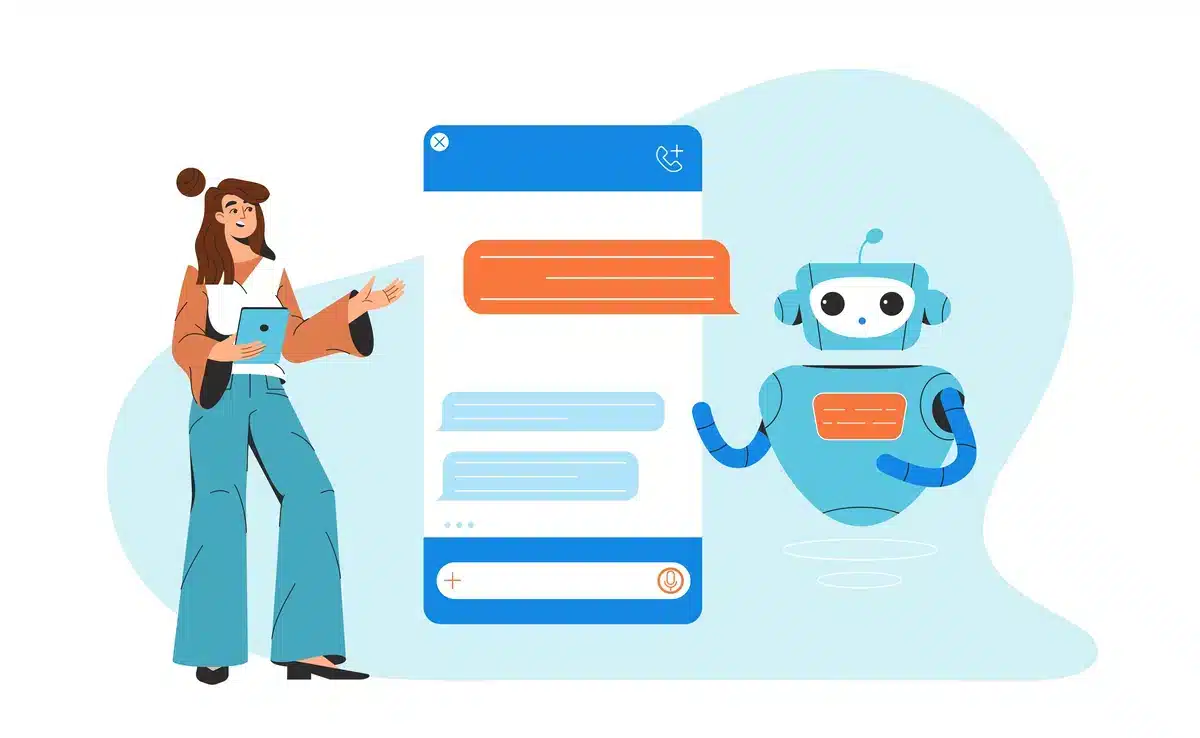Does ChatGPT Give the Same Answers to Everyone?

In the world of artificial intelligence, people often wonder: “Does ChatGPT give the same answers to everyone?”
This question leads us to explore how ChatGPT works. We want to understand if it always responds in the same way to different people.
Looking closely at ChatGPT’s behaviour, we hope to learn how it adjusts its answers to fit each person’s needs. Exploring this topic helps us understand how ChatGPT interacts with people differently.
For example, we might find that ChatGPT specifies its responses based on the language used by the user, their previous interactions, or even their tone of voice.
This exploration sheds light on the adaptability of AI technology and how it strives to provide personalized experiences for users.
Table of Contents
What is ChatGPT?

ChatGPT is an artificial intelligence language model developed by OpenAI. It is built on the GPT (Generative Pre-trained Transformer) architecture and is intended to interpret and generate human-like text from the input it gets.
ChatGPT may participate in conversations, answer questions, provide explanations, develop creative material, and execute text-based tasks on various subjects.
It was trained on a significant sample of internet material and can produce logical and contextually relevant natural language responses.
Does ChatGPT Give the Same Answers to Everyone?

No, ChatGPT does not give everyone the same answers.
The responses generated by ChatGPT can vary based on several factors, including the specific input it receives, the context of the conversation, and its internal processing mechanisms.
While it aspires to provide accurate and relevant responses, the exact answers may differ depending on the details of the interaction and the individual preferences or perspectives of the users.
Factors that Affect the Responses Provided by ChatGPT
On the query “Does ChatGPT Give the Same Answers to Everyone?” Several factors influence the responses generated by ChatGPT:
- Input Prompt: The specific prompt or question given to ChatGPT affects the context of its response.
- Training Data: ChatGPT’s responses are shaped by the vast dataset it was trained on, which includes diverse sources of information from the internet.
- Model Version: Different versions of ChatGPT may display response variations due to updates or improvements in the underlying model architecture.
- User Interaction: ChatGPT adapts its responses based on the ongoing conversation, considering previous exchanges to maintain coherence.
- Bias and Subjectivity: Like any language model, ChatGPT may display biases in its training data and subjective interpretations of language.
- Randomness: In some cases, ChatGPT may introduce randomness to its responses, especially when generating creative or speculative content.
- User Preferences: ChatGPT may attempt to personalize responses to individual users’ preferences or styles based on their interactions and feedback.
ChatGPT’s responses are dynamic and influenced by a combination of these factors, contributing to its adaptability and versatility in generating human-like text.
Final Thoughts
In conclusion, considering the query, “Does ChatGPT give the same answers to everyone?” Reveals the complex structure of AI language models.
By examining various influencing factors such as input prompts, training data, user interactions, biases, and preferences, it becomes evident that ChatGPT’s responses are personalized to individual interactions.
This exploration underscores the adaptability and complexities present in AI-generated content.
As technology advances, understanding these details is essential for optimizing the effectiveness and equity of AI language models like ChatGPT across various applications and user demographics.
FAQs
Is ChatGPT capable of understanding context?
Yes, ChatGPT is designed to understand the context to some extent. It can consider previous parts of the conversation to provide more relevant responses. However, like any AI model, its understanding of context has limitations and may not always be perfect.
Is ChatGPT capable of creative thinking?
While ChatGPT can generate text that may appear creative or imaginative, it does not possess consciousness or true creative thinking abilities. Its responses are based on patterns in the data it has been trained on and are not the result of independent creative thought.
Can ChatGPT understand different languages?
ChatGPT is primarily trained on English-language data and performs best when interacting in English. While it may be able to understand and generate text in other languages to some extent, its proficiency may vary, and it may not be as accurate or fluent as in English.
Can ChatGPT provide personalized responses?
ChatGPT cannot provide personalized responses based on individual user profiles or preferences. Its responses are generated based on the input it receives and the patterns in the data it has been trained on.
How does ChatGPT handle complex queries?
ChatGPT is trained on various text data, including complex queries, and can generate responses to multiple questions. However, its ability to handle complex queries may vary depending on the topic and context. In some cases, it may provide helpful insights; in others, it may struggle to respond satisfactorily.
